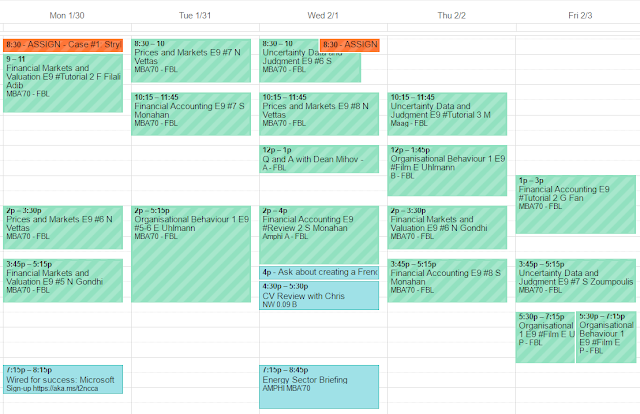Piracicaba & Cabra Feliz
This last weekend we went to Piracicaba to visit Alexandre and Bruna; and Bea and Reynaldo from 2011. The trip from Assis to Pircacicaba was about 8 hours as Sao Paulo still doesn't have a vast interstate connecting its cities in the same way that the United States does. Luckily, the landscape is beautiful with endless sugarcane fields planted in the signature red soil of São Paulo. Sugar Cane dominates São Paulo as it competes with oil for fuel for cars. Ethanol is about $1.80 reais per liter and gasoline is about $2.80 reais per liter. Recently, the government started subsidizing gasoline as a way to control inflation and boost government popularity. This is making the sugar cane ethanol industry hugely unprofitable as it does not receive subsidies (unlike the US where corn ethanol receives significant subsidies). It remains to be seen what will happen to Brazil's great sugar cane ethanol industry. If it is competing against subsidized oil, it will likely fail in the long term, but there is still plenty of time for policy changes to be made, especially with a presidential election in October.
We spent Friday night with Alexandre and Bruna at A Caçharia, where it was Samba Sexta (Samba Friday). There was live samba music with a phenomenal lead female vocalist. Saturday we went to Alexandre's family's "chacara." It's very common in Sao Paulo to have a cabin/farm house. The name of it depends on the size.
House with no animals = chácara
Little farm with animals = sítio
Big farm with animals = fazenda
For example, in the movie City of God, all of the characters are trying to escape the favela and dream of having a sitio to raise their families. The chácara was great. Basically just had a barbeque and relaxed all day. The sitio is about 60 km upstream from a huge hydroelectric dam. The damming of the river causes a lake to form on the upper side. The lake in front of Alexandre's chácara was caused by the damming of the river even though it is 60 km away.
Alexandre's family. The dad was extremely funny and reminded me of my dad as he was constantly blurting out phrases in English that came to his head from random movies (typically old movies like John Wayne movies). It was hilarious.
After the chácara, we went to the sitio of Bea and Reynaldo (my Brazilian uncles). As soon as we got there, we were whisked away on a tour of the sitio by Reynaldo. The sitio is called Cabra Feliz (Happy Goat) because its principle purpose is goat milk, goat meat, and goat cheese. There are about 80 goats, as there was recently a batch of 40 baby goats. The male goats are killed at about 4 months of age and sold as "cabrito," which is an extremely soft and delicious meat. I know because at lunch we had Ragu de Cabrito. I felt a little bad because I had just seen how cute the little guys are, but they tasted amazing. The female goats are kept for milk to make cheese. Turns out goats don't make milk with lactose so Reynaldo sells a decent amount of goat milk for babies/kids who are lactose intolerant.
They also have little piggies, which are also killed within a few months and sold as suckling pigs or whatever it's called.
This is a male. This is actually a boar, but he can cross breed with the pig to make cross bred offspring.
Ham and cheese from YOUR farm. Doesn't get much better than this.
The whole idea around the farm is pretty impressive. The poop from the goats falls into cracks in their pens to an open area below. Once a week this area is cleaned out and this poop (5 kg per day per goat!) is used to fertilize the farms agriculture like the elephant grass. The elephant grass is used to feed goats in addition to the goats' pasture. The whey from the goat milk that is the remains of the cheese making process is used to feeds the pigs. Something else is used to feed the tilapia in the pond, but I don't remember. At the end of the day, Reynaldo only has to buy some supplemental feed as his farm is more or less a closed loop. After a career in working in biology/ ecology, it's his dream to create a model sustainable farm to put his theory into practice.
Staying with Bea and Reyanldo was absolutely amazing. We watched the USA - Portugal game and the Brazil - Cameroon game with them before heading home on yet another night bus. We had some of the best wine, cheese, food, and conversation that I've had in a while, including discussion of the peculiar 6 month long strike at São Paulo's public universities (USP, UNESP, UNICAMP). They truly are my Brazilian aunt and uncle.
Picture with Bea and Reynaldo's son Daniel and his wife Lilly who are expecting baby Gabriel in October.

















Comments